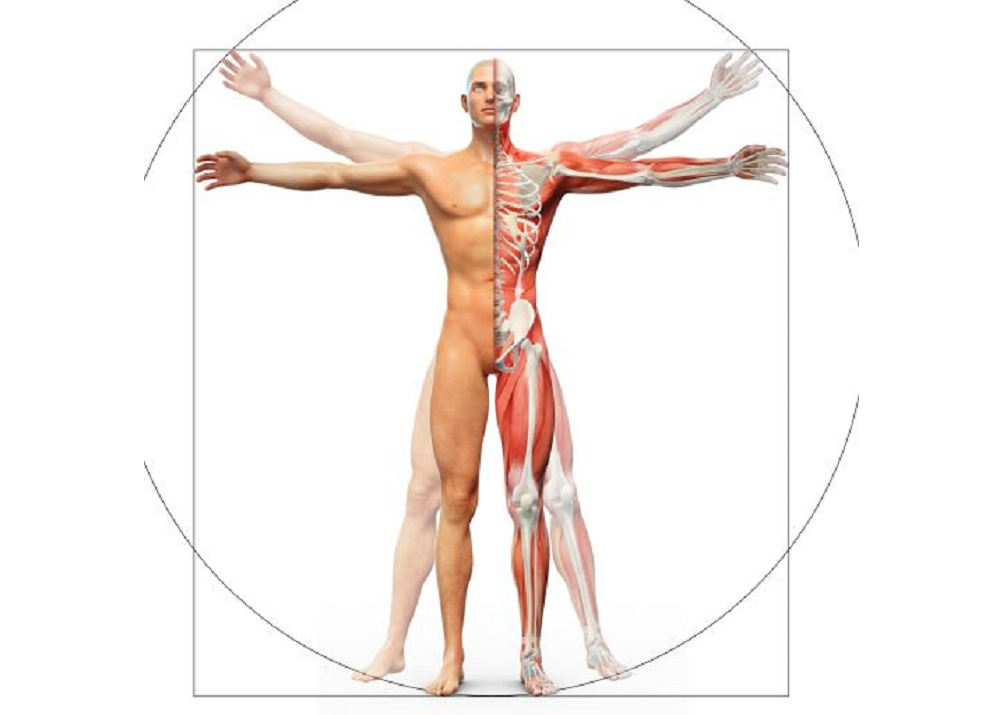Introduction:
In the realm of fitness and exercise, delving into the science of movement is not just a pursuit for enthusiasts and professionals—it's a key to unlocking the full potential of the human body. In this blog post, we explore the profound importance of studying exercise kinesiology, shedding light on how this field of knowledge transforms workouts, prevents injuries, and guides individuals towards a path of holistic well-being.
Understanding Exercise Kinesiology:
-
Defining Kinesiology: Kinesiology is the study of human movement, encompassing the intricate mechanics of muscles, joints, and the nervous system. In the context of exercise, understanding kinesiology provides insights into how the body responds and adapts to physical activity.
-
Mechanics of Movement: Exercise kinesiology elucidates the mechanics behind each movement, from the simplest exercises to complex athletic maneuvers. This knowledge empowers individuals to perform exercises with precision, optimizing muscle engagement and promoting efficiency.
Importance of Studying Exercise Kinesiology:
-
Preventing Injuries: A comprehensive grasp of kinesiology helps identify proper form and technique, reducing the risk of injuries. Understanding how muscles and joints interact allows for workouts that enhance strength without compromising safety.
-
Optimizing Workouts: Tailoring workouts based on kinesiological principles ensures optimal results. Knowledge of muscle actions, joint angles, and biomechanics enables individuals to design routines that target specific areas, promoting balanced muscle development.
-
Individualized Training Programs: Every body is unique, and exercise kinesiology provides the foundation for creating individualized training programs. Recognizing how different body types respond to exercises allows for personalized fitness plans tailored to specific goals and needs.
-
Enhancing Performance: For athletes and fitness enthusiasts alike, studying exercise kinesiology is a gateway to enhanced performance. Fine-tuning movements based on biomechanical principles contributes to improved agility, strength, and overall athletic prowess.
-
Holistic Well-Being: Beyond physical benefits, understanding kinesiology contributes to holistic well-being. It fosters a mindful approach to exercise, emphasizing the mind-body connection and promoting a balanced, sustainable fitness journey.
Practical Applications:
-
Proper Form in Strength Training: Exercise kinesiology guides individuals in maintaining proper form during strength training. Whether lifting weights or performing bodyweight exercises, adherence to biomechanical principles ensures effective muscle engagement and reduces strain.
-
Efficient Cardiovascular Workouts: Understanding kinesiology aids in designing efficient cardiovascular workouts. Knowledge of joint actions and muscle coordination allows for cardiovascular exercises that maximize energy expenditure while minimizing the risk of overuse injuries.
-
Rehabilitation and Injury Recovery: In the realm of rehabilitation, exercise kinesiology plays a pivotal role. Tailoring rehabilitation programs based on movement science ensures a targeted approach to recovery, addressing imbalances and promoting functional restoration.
Conclusion:
Studying exercise kinesiology is not merely an academic pursuit; it's a dynamic journey that transforms the way we move, exercise, and care for our bodies. As we unravel the intricacies of human movement, we gain the tools to sculpt our fitness routines with intention, prevent injuries, and embark on a path of holistic well-being. Dive into the world of exercise kinesiology, and witness the transformative power it holds for individuals striving for optimal health and vitality.


